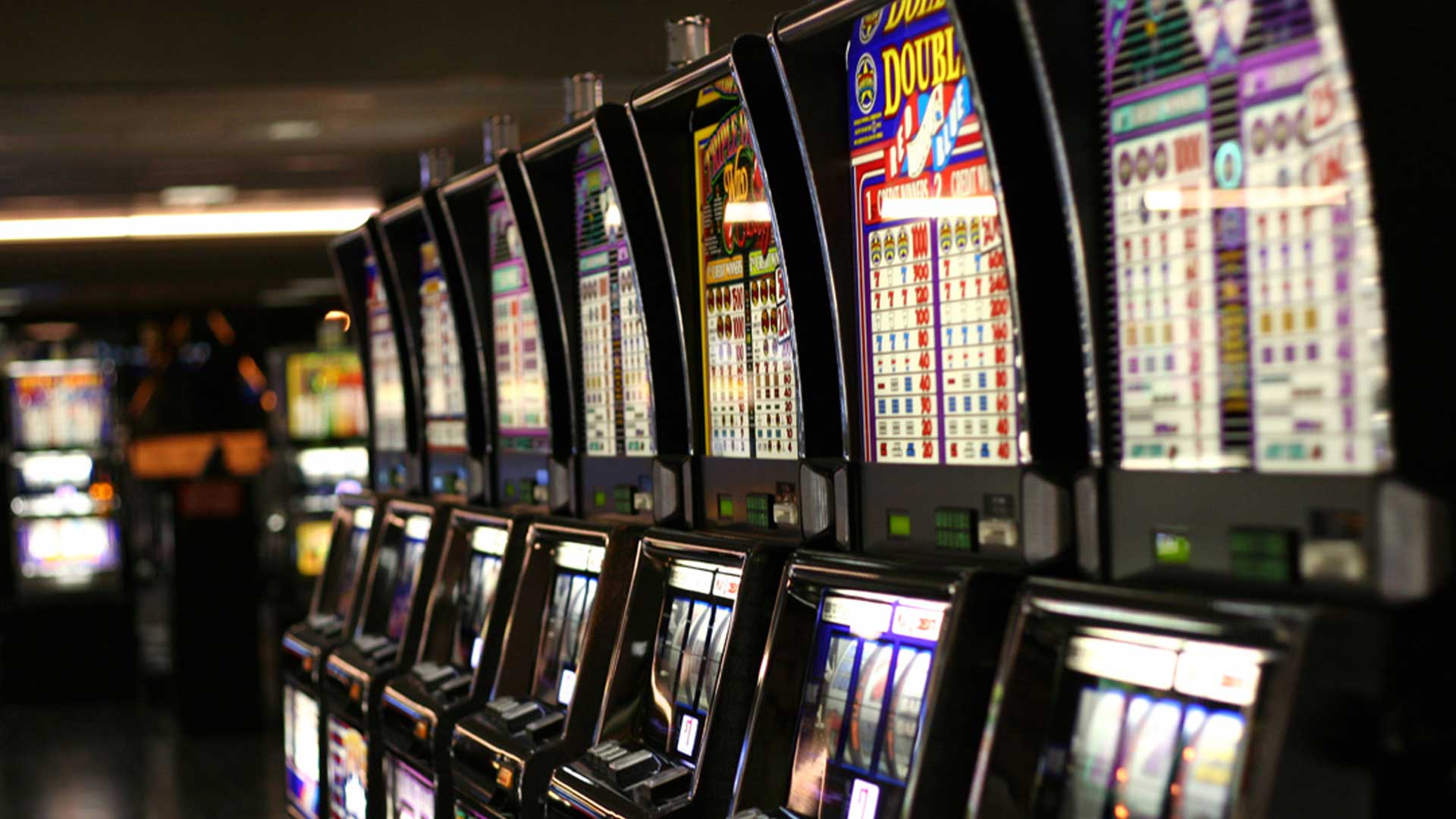From Desert Sands to Casino Empires

From Desert Sands to Casino Empires
The very mention of Las Vegas conjures images of dazzling lights, towering resorts, and the ceaseless hum of slot machines. Yet, this global entertainment capital, a beacon of opulence and excess, rose from the most improbable of settings: a desolate, scorching desert. The transformation of a barren scrubland into the world's most famous gambling mecca is a story of audacious vision, relentless ambition, and a unique blend of legality, innovation, and sometimes, notorious figures. It is a narrative that fundamentally redefined tourism, entertainment, and the very concept of a city built on dreams and chance.
In its humble beginnings, Las Vegas was little more than a dusty railroad stop in the early 20th century, strategically located near a reliable water source. It was a utilitarian point on the map, connecting Los Angeles to Salt Lake City, and its nascent population consisted largely of railroad workers and a few ranchers. The foundational shift came in the 1930s. The construction of the Hoover Dam brought thousands of workers to the region, creating an immediate demand for entertainment and services. Crucially, in 1931, Nevada legalized gambling, laying the groundwork for what was to become an economic powerhouse. This combination of available labor, a legal framework, and the nascent entrepreneurial spirit began to attract individuals with larger visions than just a few dusty saloons.
The true genesis of Las Vegas as a glamorous destination can be traced back to figures like Bugsy Siegel. A notorious mobster, Siegel envisioned a lavish, European-style resort that would redefine the gambling experience. In 1946, The Flamingo opened its doors, a beacon of luxury and sophistication in a relatively raw town. It was an audacious gamble, one that initially faltered but ultimately set the standard for the grand resorts that would follow. The Flamingo ushered in an era where hotels were not just places to sleep but destinations in themselves, offering exquisite dining, top-tier entertainment, and, of course, high-stakes gambling. This blend of legitimate business and mob financing fueled an unprecedented boom, drawing in more investment and talent, transforming the city's skyline one grand casino at a time.
The 1950s and 60s marked the "Golden Age" of Las Vegas, largely defined by the allure of the Rat Pack – Frank Sinatra, Dean Martin, Sammy Davis Jr., Peter Lawford, and Joey Bishop. Their impromptu performances and glamorous lifestyle cemented Las Vegas's reputation as the ultimate adult playground. Celebrities flocked to the Strip, not just to perform, but to be seen and to partake in the city's unique brand of escapism. This era saw the proliferation of themed resorts, each striving to outdo the last in terms of luxury, scale, and entertainment offerings. The city became synonymous with world-class shows, gourmet dining, and an unparalleled level of service, attracting high rollers and aspirational tourists from across the globe, all seeking a taste of the Vegas magic.
As the decades progressed, Las Vegas continued its relentless evolution. The late 20th century saw a significant shift from a purely gambling-centric model to a diversified entertainment and convention hub. Mega-resorts like The Mirage, Bellagio, and Venetian emerged, offering not just vast casinos but also elaborate shopping malls, Michelin-starred restaurants, world-renowned shows, and massive convention spaces. This strategic diversification was crucial, as it allowed the city to attract a broader demographic and generate substantial non-gaming revenue. Las Vegas transformed into a family-friendly destination for a period, though it later refocused on its core adult appeal, albeit with an expanded emphasis on nightlife, gourmet experiences, and high-end retail, solidifying its status as a global leader in hospitality and tourism.
Today, Las Vegas stands as a testament to unparalleled urban development in an extreme environment. It continues to push boundaries, investing in cutting-edge technology, sports franchises, and innovative attractions. Beyond the physical grandeur of the Strip, the global gambling landscape has also evolved dramatically, with online platforms offering a vast array of games and opportunities. These virtual casinos provide a convenient way for enthusiasts to enjoy their favorite games from anywhere in the world. For those looking to explore the broader world of digital gaming, finding a reliable platform is key, and resources like m88 mansion slot link alternatif provide access to diverse online slot experiences, reflecting the modern evolution of gaming.
Despite its triumphs, Las Vegas faces its own set of challenges, from economic fluctuations to the inherent demands of sustaining a metropolitan area in a desert. Yet, its resilience and capacity for reinvention remain remarkable. The city continually adapts, ensuring its position as a top-tier destination for entertainment, business, and leisure. From the initial audacious vision of turning desert sands into a vibrant oasis, Las Vegas has not only built casino empires but has also created a unique cultural phenomenon, proving that with enough daring and determination, anything is possible, even in the most unlikely of places. It remains a dynamic symbol of human ingenuity, enterprise, and the timeless allure of striking it rich, both literally and figuratively, on the global stage.